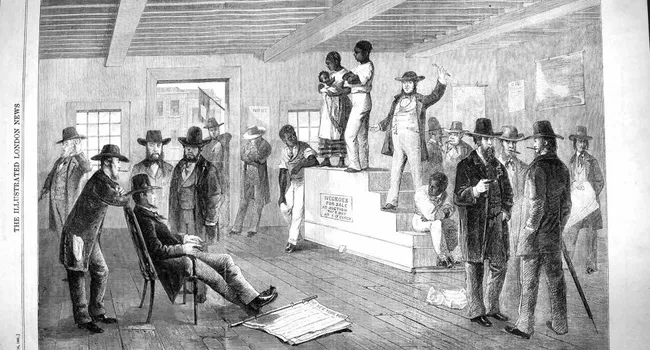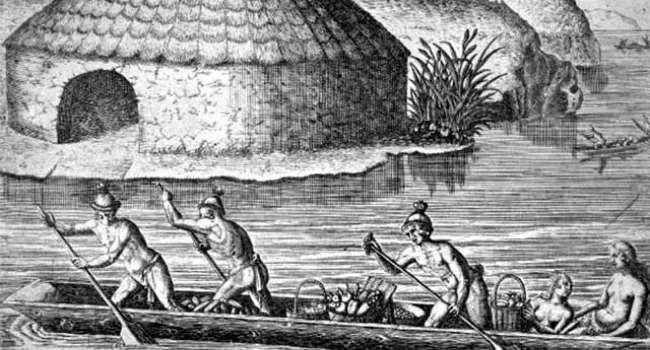
Management Of Slaves | Walter Edgar's Journal
Episode
5
Audio
In this segment, Dr. Watson outlines the differences in management systems between rice plantations, and cotton plantations.

Audio
In this segment, Dr. Watson outlines the differences in management systems between rice plantations, and cotton plantations.
Audio
Dr. Larry Watson discusses the reasons why, between 1787 and 1803, South Carolina forbade the importation of new slaves. This resulted in the rise of the domestic slave trade in the Southern U.S.
Audio
In this segment, Dr. Watson discusses how people figured out ways get around slave laws.
Document
CIVIL RIGHTS - The rights of individuals to be free from unfair or unequal treatment (discrimination) in a number of settings, when that negative treatment is based on the individual's race, gender...
Photo
The first builders of boats for transportation in North America were the tribes of Native Americans who greeted the European invaders with canoes. The canoes of the southeast woodlands tribes were...
Audio
The Hunley is described as “a historic time capsule.” Sen. Glenn McConnell discusses using the clues found in the Hunley to piece together what happened the night it sank the U.S.S. Housatonic.
Audio
In this first segment on the Confederate submarine C.S.S. Hunley, Walter Edgar and Senator Glenn McConnell discuss how finding the submarine disproved all pre-conceived notions about its design...
Audio
Walter Edgar talks with Dr. McPherson about the increase in Civil War writings within the past thirty years. Writers have since expanded on aspects like civilian life, experiences for common soldiers...
Audio
Dr. James McPherson discusses the reasons and motivations behind what made common soldiers ("Billy Yank" and "Johnny Reb") go fight in the Civil War.
Audio
What must it have been like to be a crew member on board the C.S.S. Hunley? Dr. Mark Smith opines.